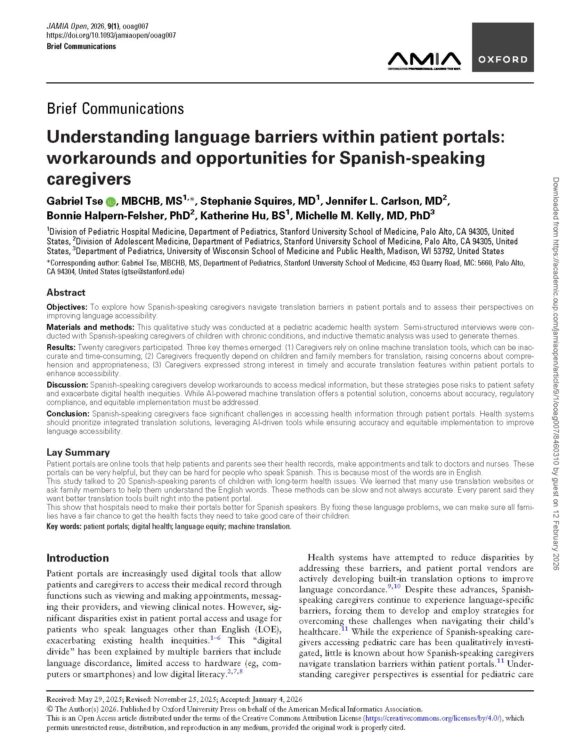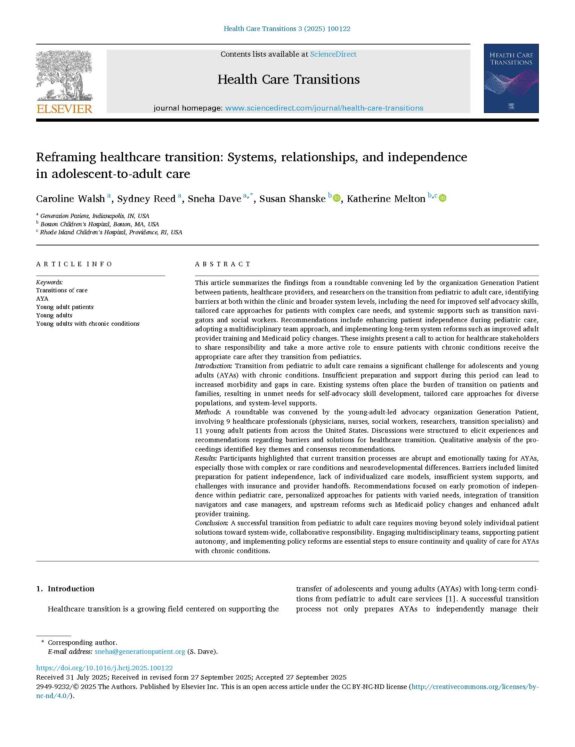Protecting Rights of Children with Medical Complexity in an Era of Spending Reduction
Children with medical complexity (CMC) often require multiple services across the continuum of care, such as therapies and home nursing. However, sufficient access to needed services is not assured and varies considerably by payer, many of whom who face pressures to control health spending.
This article reviews the rights of CMC in Medicaid, the Children’s Health Insurance Program, and various forms of private health insurance to receive services that are necessary to promote optimal health, development, and family functioning. Controlling laws such as the Americans with Disabilities Act and the Early and Periodic Screening, Diagnostic, and Treatment provisions of the Medicaid Act are discussed, and precedential court decisions affecting CMC are reviewed.
Implications for policy, advocacy, and payment model design are explored in the context of current emphasis on spending reduction.
Related Webinar: A panel reviews what government and private health plans are doing and could do to promote optimal health, development, and family functioning for children with medical complexity.
This article is part of a supplement to Pediatrics entitled, “Building Systems that Work for Children with Complex Health Care Needs.”


